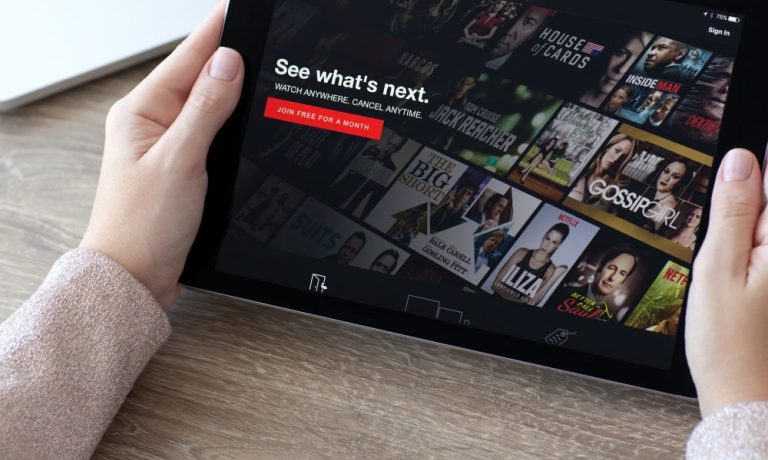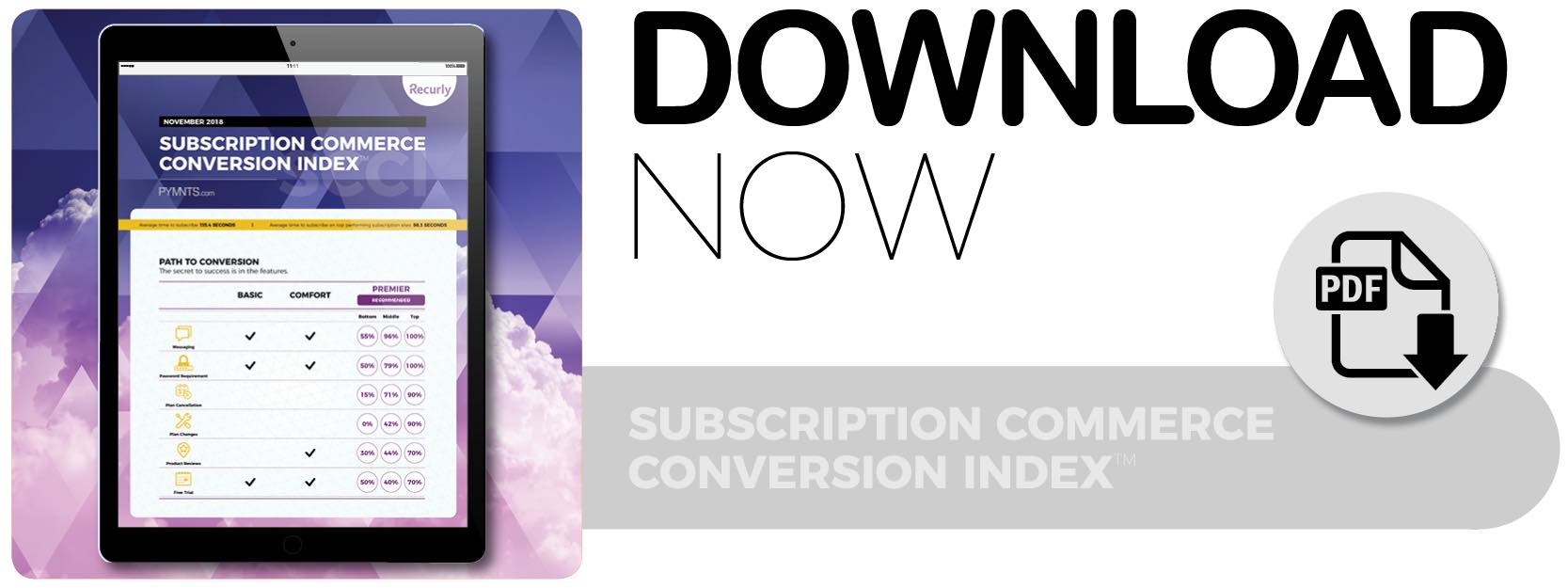How Subscriptions Open A New Chapter For College Textbook Access

 The search for inexpensive college textbooks can overwhelm students juggling tuition, food and housing costs. The prices that students must often pay at college bookstore for their required, limited-circulation reading materials often force them to obtain the books through questionable means — if they bother to get them at all.
The search for inexpensive college textbooks can overwhelm students juggling tuition, food and housing costs. The prices that students must often pay at college bookstore for their required, limited-circulation reading materials often force them to obtain the books through questionable means — if they bother to get them at all.
Subscriptions could eliminate some of these price frustrations, as they have in other areas of the education space with online platforms like Coursera and Education.com. That’s what Cengage is attempting with its new subscription service, Cengage Unlimited. The service, available per semester or for the year, gives students access to a digital textbook archive at a much lower price than paying for physical books at the college bookstore.
Todd Markson, chief strategy officer for Cengage, recently told PYMNTS that a focus on “affordability and access” prompted the launch of Unlimited in August. The company also wanted to fill a void for students who avoided buying expensive course material by appealing to those who used sources such as online torrents.
“Students have had to make tough choices when presented with their course material,” Markson said. “We’ve been really focused on affordability.”
How the Subscription Model Can Ease Student Stress
While Cengage has played a role in the high cost of textbooks, Markson said it wants to eliminate that barrier with digital tools. Finding affordable textbooks is one of the biggest stressors for college students, he said, citing a Morning Consult survey that found that 85 percent of students say paying for textbooks is financially stressful.
New requirements for online textbooks with digital access codes could be one reason behind rising costs. The content is often course- or college-specific and, without the code, students must pay to access it. According to a recent study, students spend $153 per course on books and course materials.
Cengage Unlimited’s subscription model banks on being digitally accessible. Students pay $120 for the semester or $180 for the year to access 20,000 different eBooks and 675 courses over 70 separate disciplines, Markson said. The service also offers print copies for students who want them.
“[Subscribers] get access to a free rental print book if they need it — if they still need the crutch of print — although many students are realizing the digital [books have] everything they need,” Markson said.
Additional subscription benefits come from companies like Quizlet and Kaplan. Cengage will add additional partners as the subscription model expands, though Markson was unable to give names or a specific time frame. The goal is to form an industry network that eliminates cost and stress for students used to “a la carte” purchases.
While Unlimited has been available for only a few months, Markson said Cengage anticipates similar models will continue to catch on with educational companies.
“Our competitors are looking at this [model] actively. It does change the whole business model,” Markson said, stating that students and professors are “enamored” with the model’s value.
Growing Pains
As the model catches on, there have been a few kinks. Since professors are responsible for choosing their course materials, if Cengage’s archive doesn’t include it, students will need to purchase the print copy. Currently, professors who use the Cengage platform are adapting their courses to materials that are available on the platform, Markson said.
“Those professors are choosing the content and the solution that they want to use for their class,” Markson said. “We don’t necessarily need an institutional relationship [with a college] to sell Cengage Unlimited; we can do it with one professor on that campus.”
The archive might lack the content that professors seek, however, and confronting book royalties also challenged Cengage initially. Additionally, students may balk at subscribing for just one course, though, Markson noted, many tend to access unrelated material.
“Now that we have students in the ecosystem, we’ve seen the way [they’re] using the product as well. … They’re very much leveraging the resources outside and above their course,” he said. “They’re looking at interdisciplinary topics that they may not have had access to because they didn’t have that textbook.”
Students are also referencing relevant material that isn’t part of the course itself, though they need subscriptions to do this, he explained — making a professor’s involvement all the more influential.
Moving Subscriptions Forward
Cengage ultimately wants Unlimited to appeal to students’ curiosity, regardless of whether the content they seek is used in their courses. As students grow used to subscription-based services in general, this isn’t out of the question.
“This is the way [students] are purchasing their content, their entertainment; this is the model students are getting much more used to,” Markson said, pointing to other subscription-based educational services, such as Quizlet, a mobile-based education tool that turns learning into a game.
“The textbook world, the courseware world, has never seen this, just because it’s such a different model — the industry was drunk off the high prices of textbooks, and we’re the ones who said, ‘Enough is enough, we have to change this,’” he said.
The subscription model will likely appeal to more educational services in the future, according to Markson, allowing students to pay less for course materials while expanding access to content. Given the high cost of textbooks, academia and college students might be ready for the next chapter with subscription-based access to learning materials.